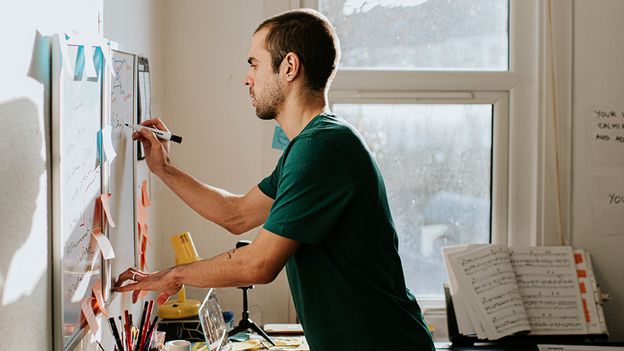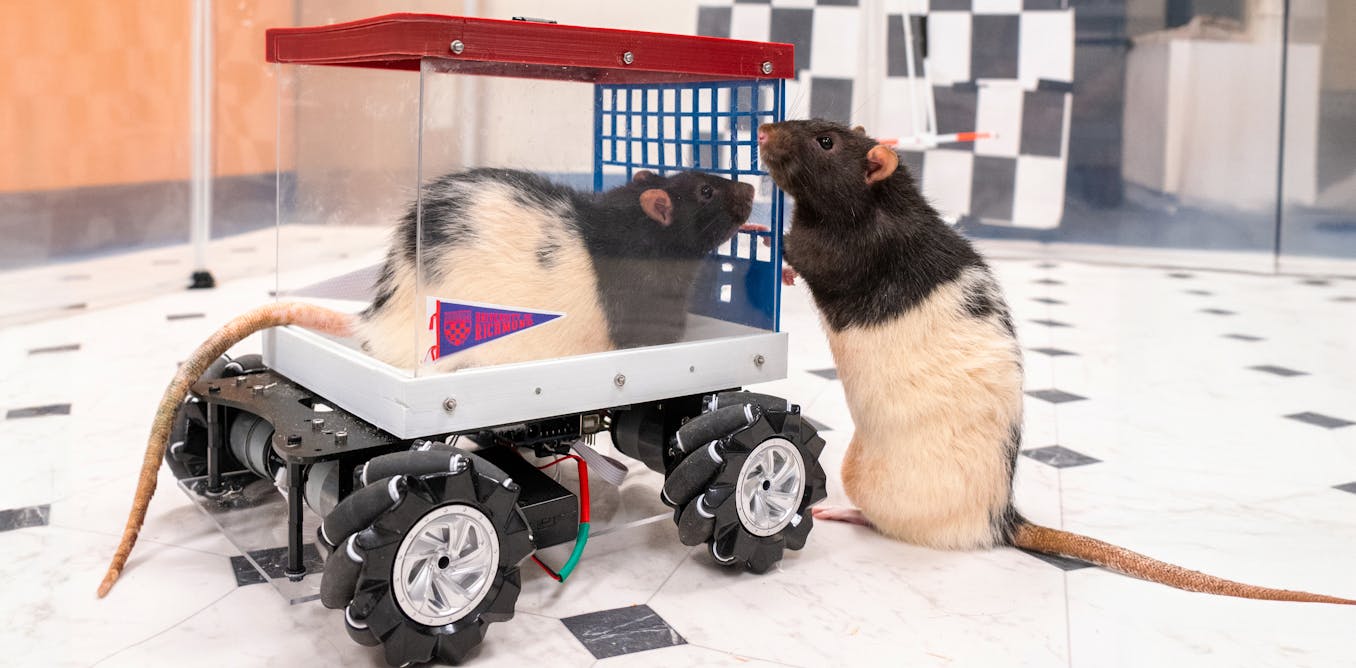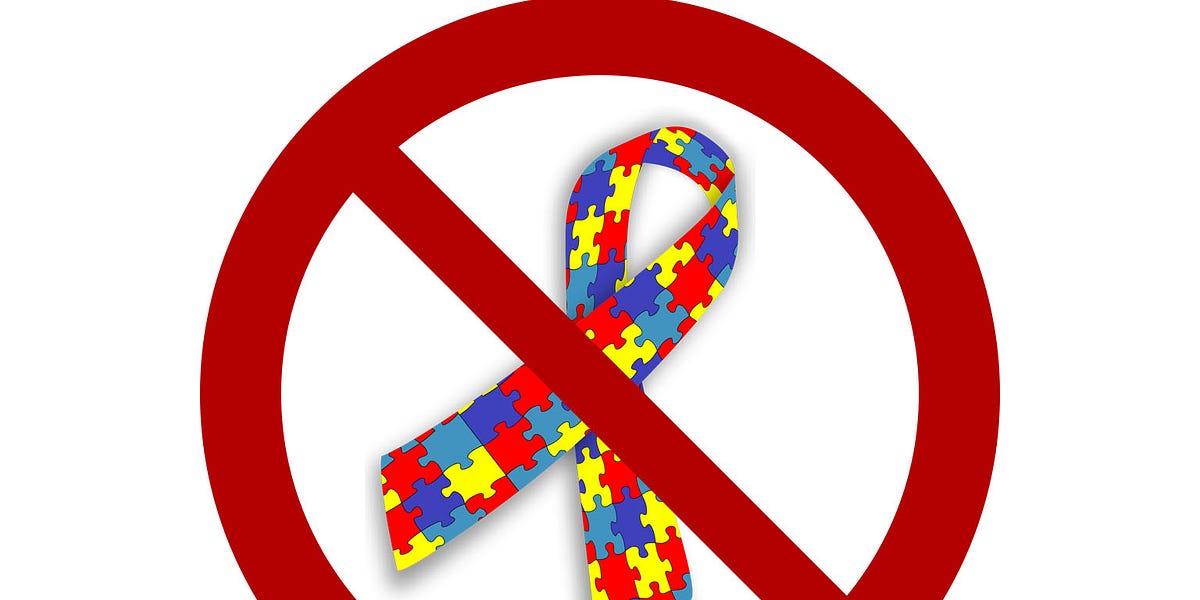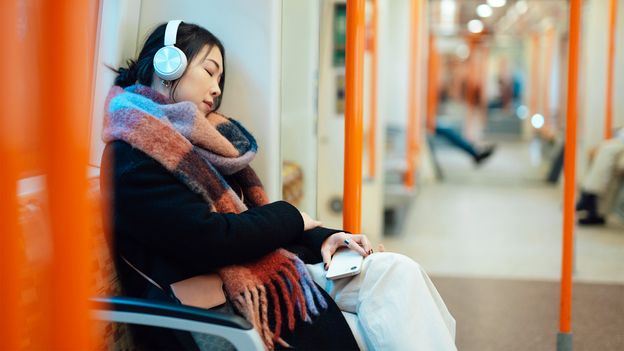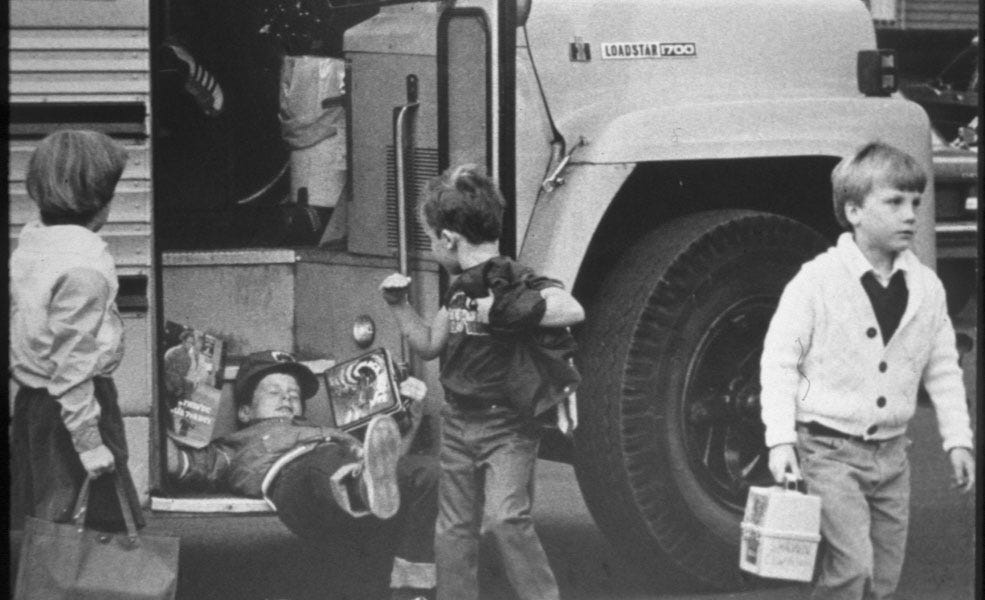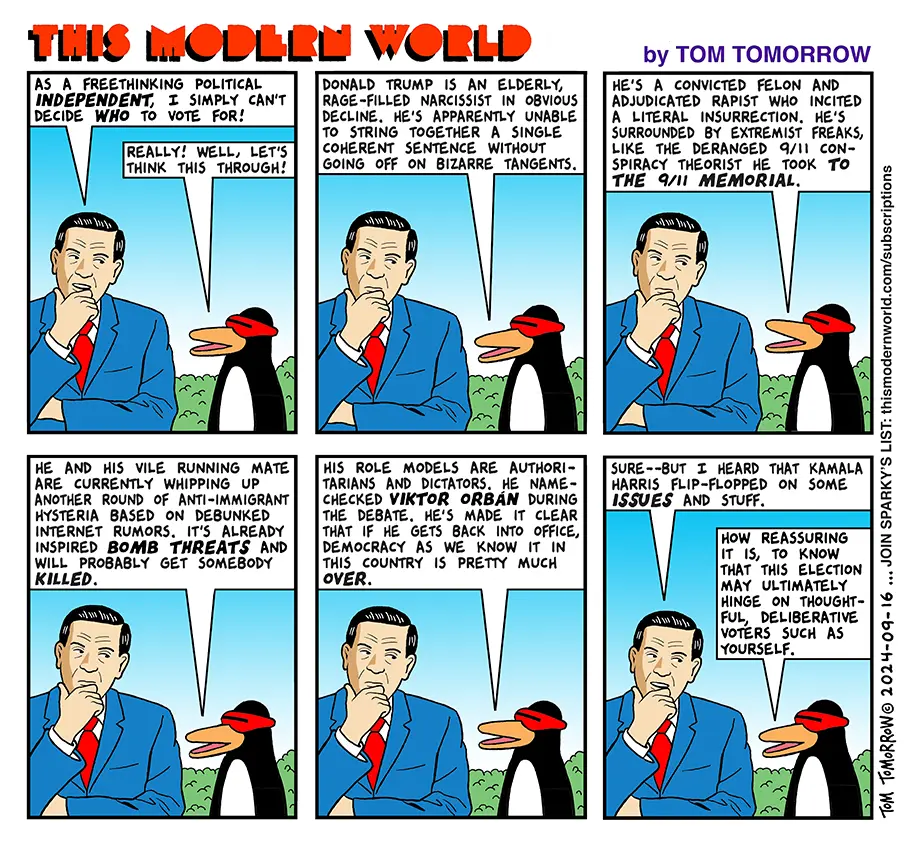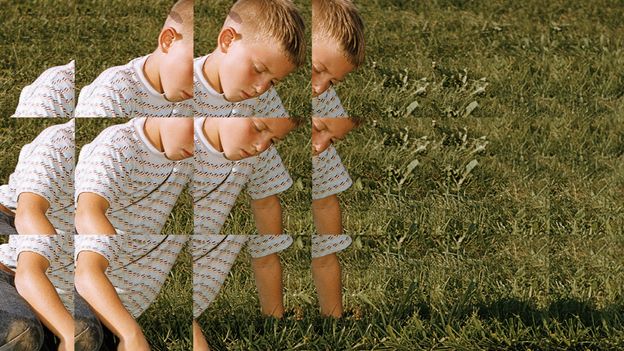"Time alone heightens 'threat alert' in teenagers -- even when connecting online."
"This is according to latest findings from a cognitive neuroscience experiment conducted at the University of Cambridge, which saw 40 young people aged 16-19 undergo testing before and after several hours alone -- both with and without their smartphones."
The study was done during the pandemic (April 2021). The researchers had an isolation room with an armchair, desk, office chair, desktop computer, physiological hardware (for the electrodermal activity measurement), a fridge with food and beverages, and "non-social materials": puzzles, sudoku books, digital, and analogue games. The teenagers were allowed to bring any "non-social items" (crafts, textbooks, writing materials) of their own.
They then compared isolation with and without smartphones and internet access.
"Although virtual social interactions helped our participants feel less lonely compared to total isolation, their heightened threat response remained," said Emily Towner, study lead author from Cambridge's Department of Psychology.
What the "threat response" is about is, before sending people into the isolation room, they taught them a certain shape on a computer screen was associated with a painful noise. Afterwards they tested to see people people reacted to this learned threat. People who were isolated had a heightened reaction. Isolated but with social media made people feel less lonely, but did nothing to reduce the "threat response". For that, people need to not be isolated.
So it looks like real-life interaction is different from virtual interaction. Virtual interaction reduces subjective loneliness but leaves heightened reaction to perceived threat. This is for 16-19 year olds, but they only tested 16-19 year-olds -- they did not test people of other ages so this doesn't give you a comparison with people in other ages.
Time alone heightens 'threat alert' in teenagers -- even when connecting online
#psychology



